

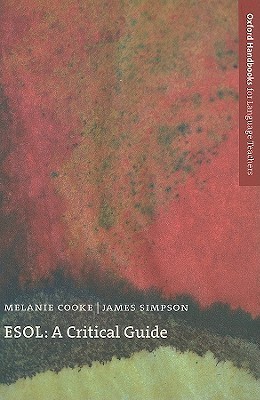
Books in series

Designing and Analyzing Language Tests
2011

English for Academic Purposes
2013

ESOL
A Critical Guide
2008

Exploring Psychology in Language Learning and Teaching
2016
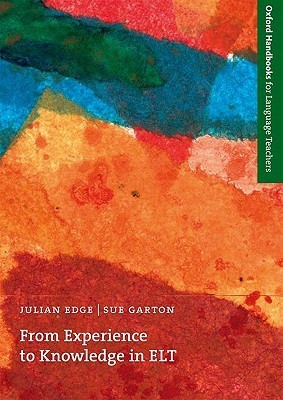
From Experience to Knowledge in ELT
2009
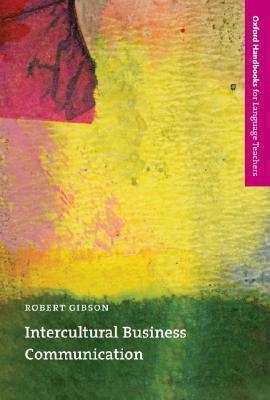
Intercultural Business Communication
2000
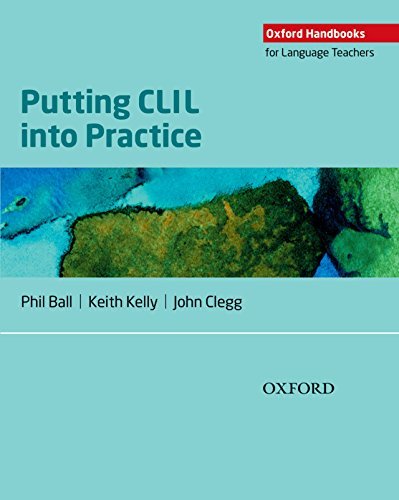
Putting CLIL into Practice
2016
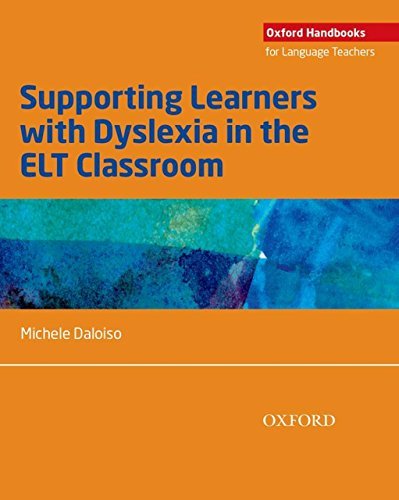
Supporting Learners with Dyslexia in the ELT Classroom
2017
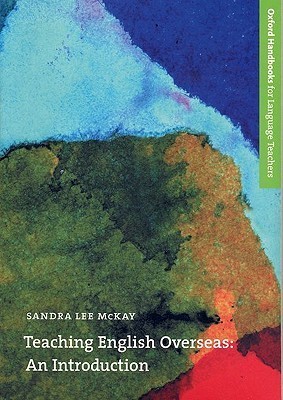
Teaching English Overseas
An Introduction
1992

Teaching Second Language Listening
2009
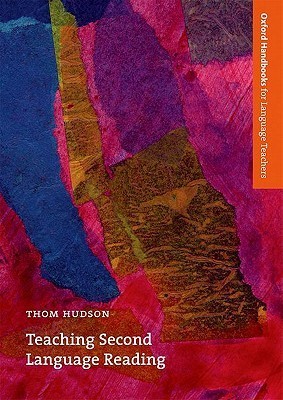
Teaching Second Language Reading
2007
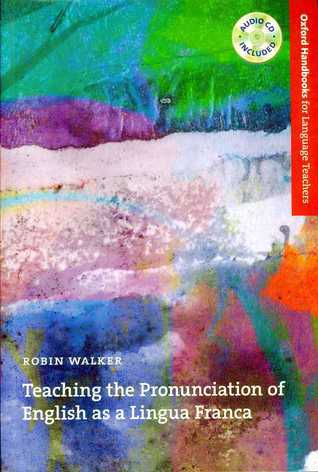
Teaching the Pronunciation of English as a Lingua Franca
2010

Technology Enhanced Language Learning
Connecting Theory and Practice
2013
Authors

Robert Gibson is an interculturalist with over 30 years' experience of intercultural competence development in business and education. He worked for 18 years at the multinational engineering corporation Siemens where he led an international team of specialists providing intercultural services for individuals, teams, and organizations worldwide. He has taught at the University of Munich (LMU), Ingolstadt School of Management and Bologna Business School. Robert is a former Vice-President of SIETAR Europa and a member of the Advisory Board of SIETAR Deutschland. His publications include over 70 articles for the magazine Business Spotlight; his latest book 'Bridge the Culture Gaps' will be published by Nicholas Brealey/Hachette in November 2021.